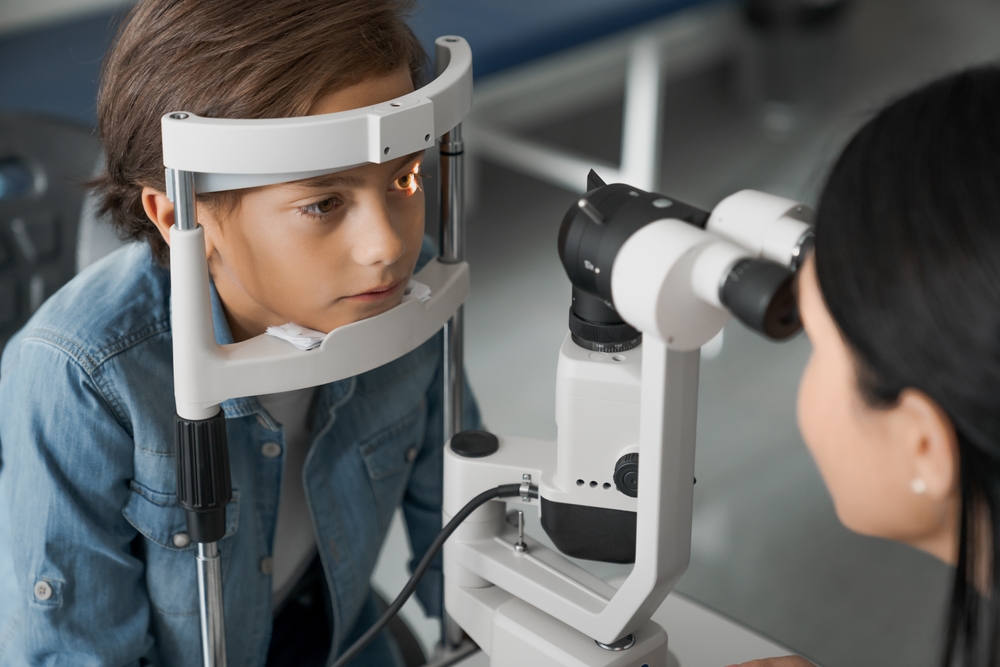
Children and vision are inextricably linked from the earliest stages of development. Vision is a primary way through which children learn and interact with the world around them. Sight plays a pivotal role in physical, cognitive, and social development. Without clear vision, a child may struggle with basic learning, coordination, and social interactions, which can have lasting effects.
Understanding Pediatric Eye Care
Pediatric eye care encompasses a range of services designed to maintain and improve children's vision. These services include comprehensive eye exams, prescription of glasses or contact lenses, and the treatment and management of eye conditions specific to children. Pediatric eye care professionals are trained to work with children of all ages, making them the ideal choice for your child's eye health needs.
Another aspect of understanding pediatric eye care is knowing when to start and how often to schedule eye exams. Experts recommend that your child's first comprehensive eye exam should occur at six months old, followed by another at age three, and then again before starting school. Frequent check-ups are essential as your child grows, as vision can change rapidly.
The Role of Regular Eye Exams for Children
Scheduling regular eye exams for children is one of the most significant steps you can take in protecting and enhancing your child's vision. These exams allow optometrists to evaluate your child's visual development and to detect any issues that may interfere with their ability to learn and function optimally.
During an eye exam, the eye doctor will perform a series of tests to check for common conditions such as nearsightedness, farsightedness, astigmatism, amblyopia (lazy eye), and strabismus (crossed eyes). These conditions, if left untreated, can lead to more severe problems, including learning difficulties and permanent vision loss. Regular eye exams ensure that, if present, these conditions are managed promptly and effectively.
Myopia Management in Pediatric Eye Care
One of the most common vision issues in children is myopia, or nearsightedness, which is increasing in prevalence worldwide. Myopia management in pediatric eye care is becoming more important than ever. Effective management can slow the progression of myopia, reducing the risk of developing serious eye conditions later in life, such as retinal detachment or glaucoma.
There are several strategies for managing myopia in children, including prescription eyeglasses or contact lenses. Your child's doctor can recommend the most appropriate treatment based on the severity of myopia and your child's lifestyle.
Long-term Effects of Prioritizing Your Child's Visual Health
Prioritizing your child's visual health has long-term effects that extend far beyond childhood. By investing in regular pediatric eye care, you are setting your child up for a future with better vision, which is intimately linked to their overall quality of life. Healthy vision can foster greater educational opportunities, better job prospects, and a more active and fulfilling lifestyle.
Schedule your child’s eye exam today and start a journey towards a lifetime of healthy vision, visit Cobb Corner Eye Care at our office in Stoughton, Massachusetts. Call (781) 344-3335 to book an appointment.








